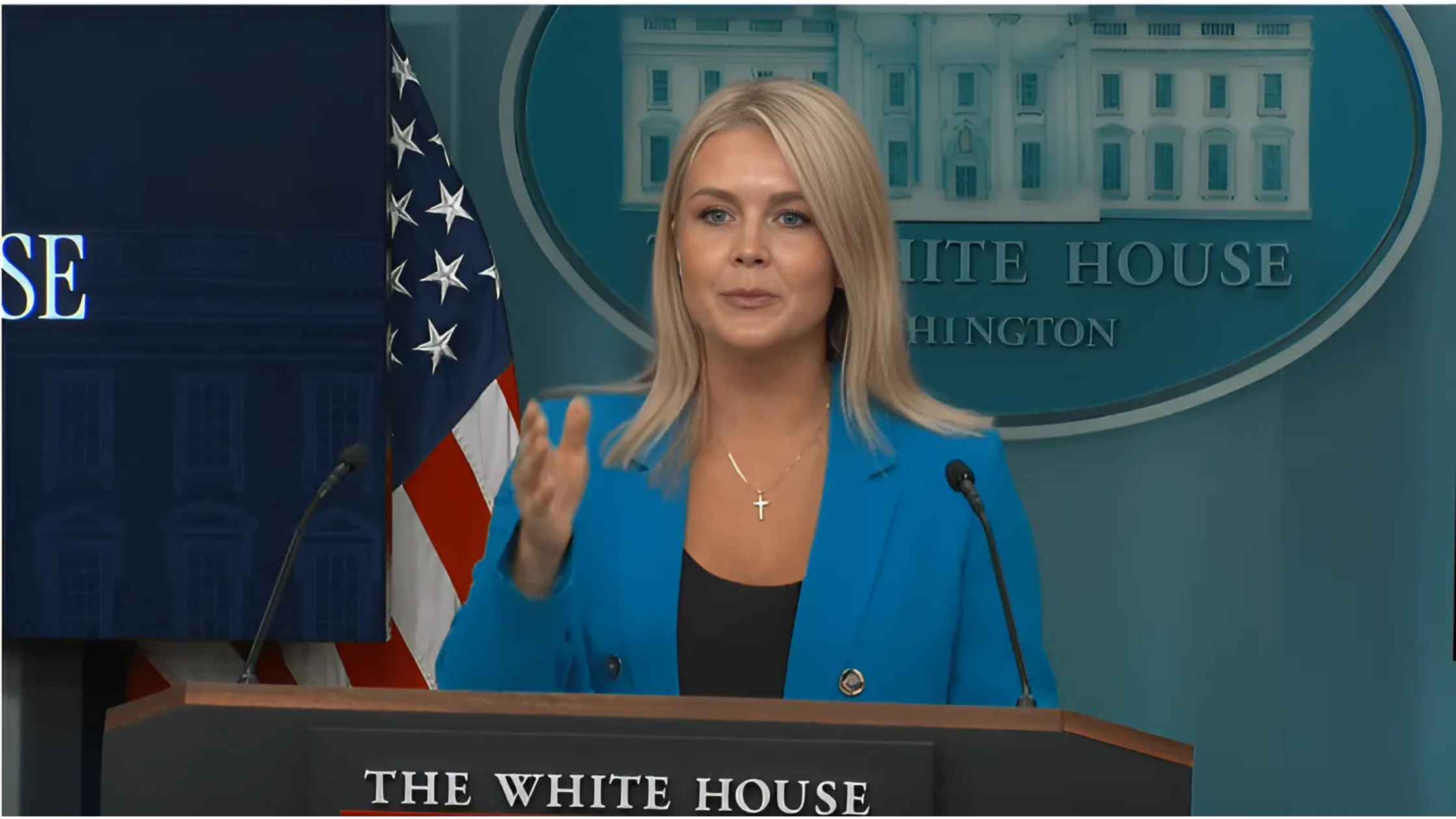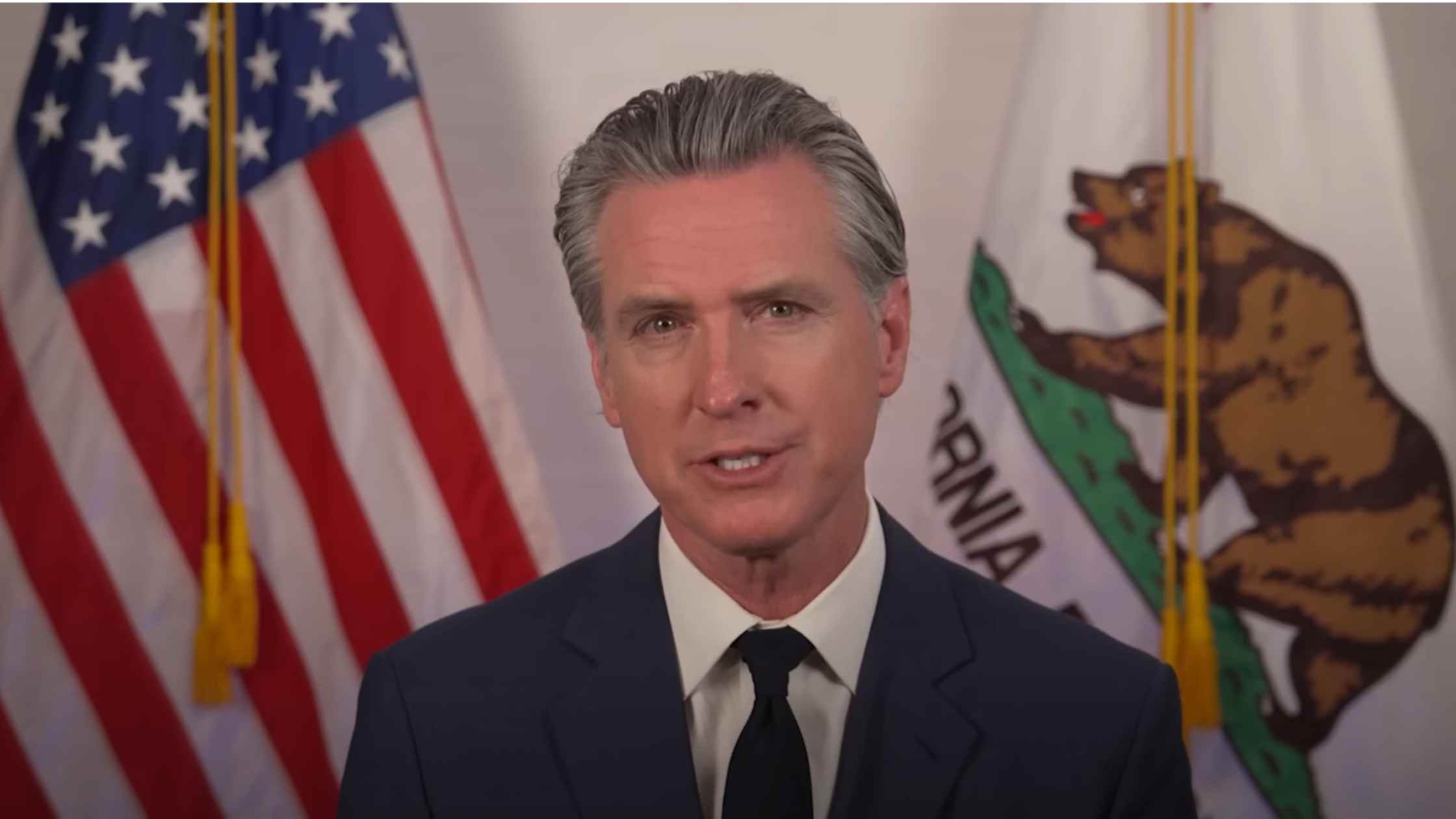Rev’s Transcript Library
Explore our extensive collection of free transcripts from political figures and public events. Journalists, students, researchers, and the general public can explore transcripts of speeches, debates, congressional hearings, press conferences, interviews, podcasts, and more.

Rand Paul Discusses His Issues with White House
Rand Paul speaks out after being uninvited from the White House picnic. Read the transcript here.

Bondi Addresses L.A. Protests
Attorney General Pam Bondi speaks to reporters on the L.A. Protests and military response. Read the transcript here.

Hegseth Budget Testimony
Pete Hegseth testifies before Congress on the Pentagon budget. Read the transcript here.

Karoline Leavitt White House Press Briefing on 6/11/25
Karoline Leavitt holds the White House Press Briefing for 6/11/25. Read the transcript here.

Trump Speaks at Fort Bragg
Donald Trump visits Fort Bragg military base for speech to troops and families. Read the transcript here.

Newsome Addresses Protests and Military
California Governor Gavin Newsom addresses Californians in response to military presence in Los Angeles. Read the transcript here.

State Department Press Briefing for 6/10/25
Tammy Bruce leads the State Department briefing for 6/10/25. Read the transcript here.

Trump Addresses L.A. Protests
Donald Trump takes reporters' questions after sending Marines to Los Angeles. Read the transcript here.

L.A. Mayor Addresses Protests
L.A. Mayor Karen Bass holds a news briefing amid anti-ICE protests in Los Angeles. Read the transcript here.
Subscribe to The Rev Blog
Sign up to get Rev content delivered straight to your inbox.


